On April 25-27, DKI APCSS conducted the latest in its series of workshops focused on the U.S. Indo-Pacific strategy. The new strategy, announced by the Biden administration in February, signals the United States’ identity as an Indo-Pacific nation and its commitment to the region through defense, diplomacy, development and economic initiatives.
The Indo-Pacific Strategy Workshop (IPSW) gathered 28 senior-leaders from the Indo-Pacific region to gain a greater perspective of the U.S. strategy as well as the strategies of other powers – resident and external to the region. In addition, two officials from the National Security Council delivered their remarks virtually. The workshop provided a more comprehensive understanding of the U.S. strategic vision while eliciting feedback from the Indo-Pacific region.
This workshop built upon the results of DKI APCSS’ Rebalance workshop held in 2012 and the Indo-Pacific Strategy workshops held in April 2018 and October 2018. This edition included participants from European countries – the European Union, Germany and the United Kingdom – as well as participants from the various sub-regions. Combined, these workshops successfully provided feedback on the Indo-Pacific Strategy and revealed opportunities for cooperation.
Following welcome remarks by Lt. Gen. Stephen Sklenka, the Deputy Commander of the U.S. Indo-Pacific Command, Edgard Kagan, Special Assistant to the President and Senior Director for East Asia and Oceania on the National Security Council gave a virtual presentation on the writing and intention of the US Indo-Pacific Strategy.
Three senior U.S. government officials presented the U.S. programs and perspectives. These included Amanda Dory, the Principal Deputy Assistant Secretary of Defense for Indo-Pacific Affairs, Ms. Camille Dawson, a Deputy Assistant Secretary in the Bureau of East Asian and Pacific Affairs, and Ms. Afreen Akhter, the Senior Adviser to the Assistant Secretary of State for South and Central Asian Affairs.
The workshop participants listened to presentations by Ambassador Gabriele Visentin, European Union Special Envoy to the Indo-Pacific; Nick Gurr, Director for International Security and the UK Ministry of Defense; and Stefan Staehle, Head of Division on Asia-Pacific Policy and Coordination with the German Federal Government. Each speaker provided insights to their own approach or strategy towards the region. Subsequent discussion and breakout sessions looked at commonalities and differences between approaches. On the second day, presentations from Taiwan, South Korea, Canada, Australia, and ASEAN fueled further discussion.
With the benefit of multiple perspectives, the participants found consensus that state interactions should be guided by rules rather than power. The participants expressed their intent to cooperate on climate change and economic resilience, with some questions from regional participants as the direction and details of the US Indo-Pacific Economic Framework (IPEF). The participants also agreed on support for ASEAN and ASEAN centrality. On the final day, participants expressed their renewed sense of optimism to work together to build prosperity and stability in the region and address the security challenges confronting the region.
“The level of engagement at this workshop was the most impressive of this series so far,” said Dr. Lori Forman, the workshop’s academic lead. “Participants went beyond briefs to share insights, which provide a stronger foundation for cooperative action.”
DKI APCSS hosted the workshop in partnership with the Office of the Assistant Secretary of Defense for Indo-Pacific Affairs and the National Security Council.


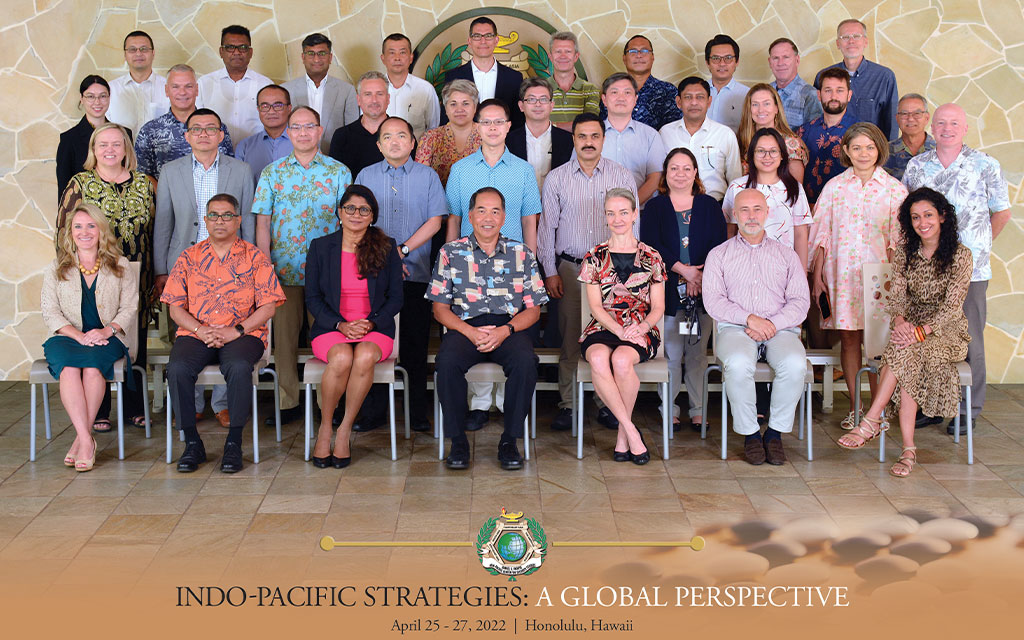

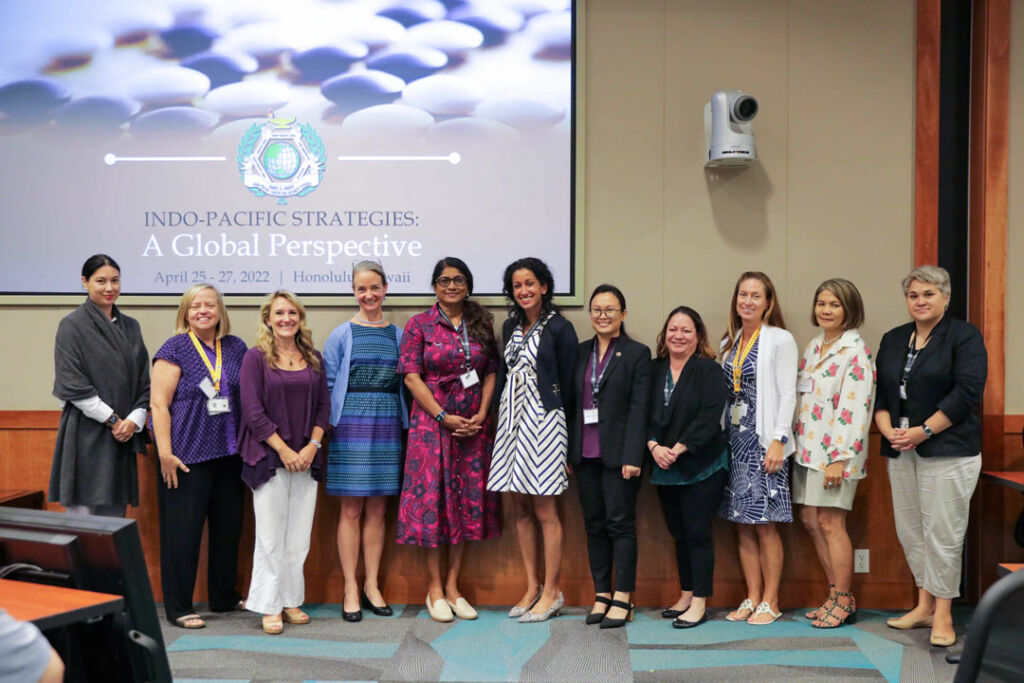
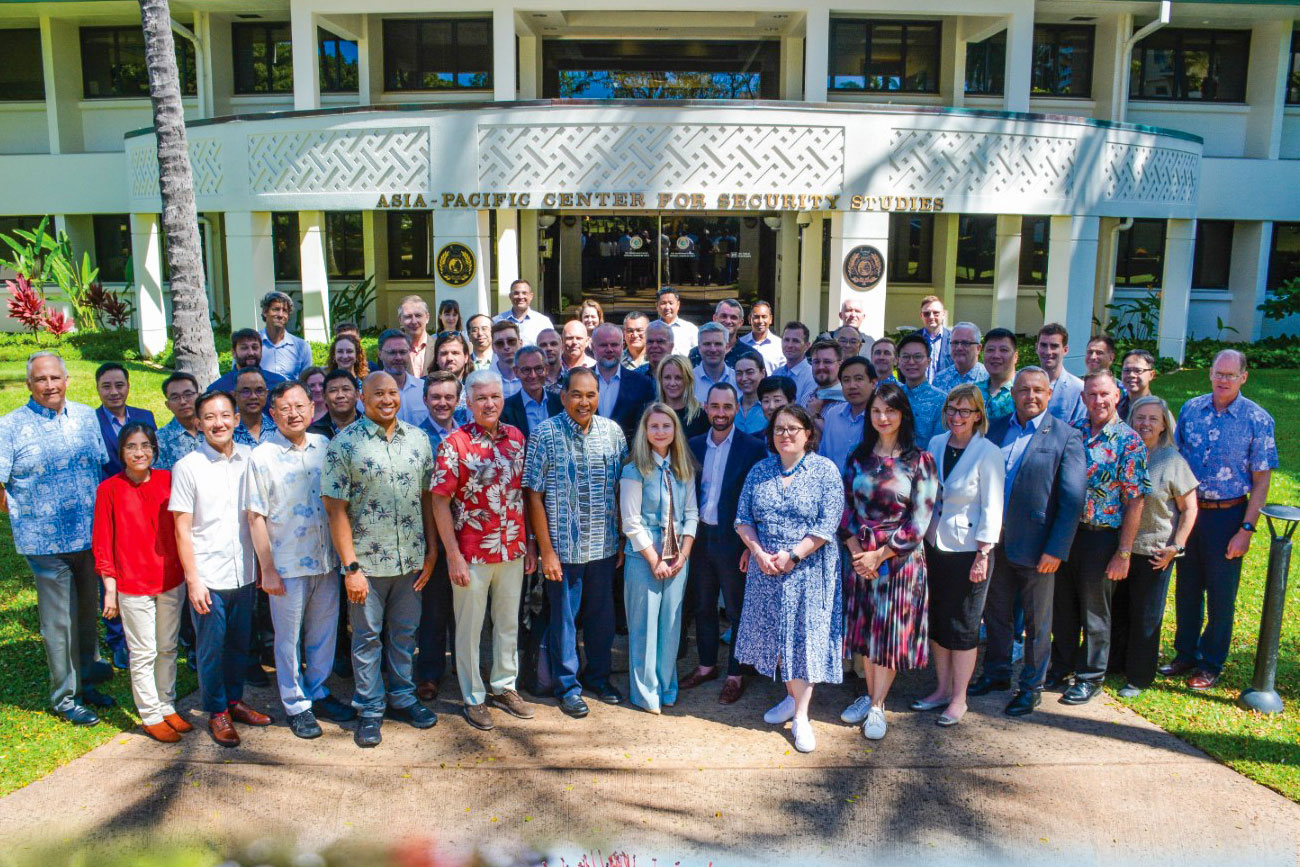
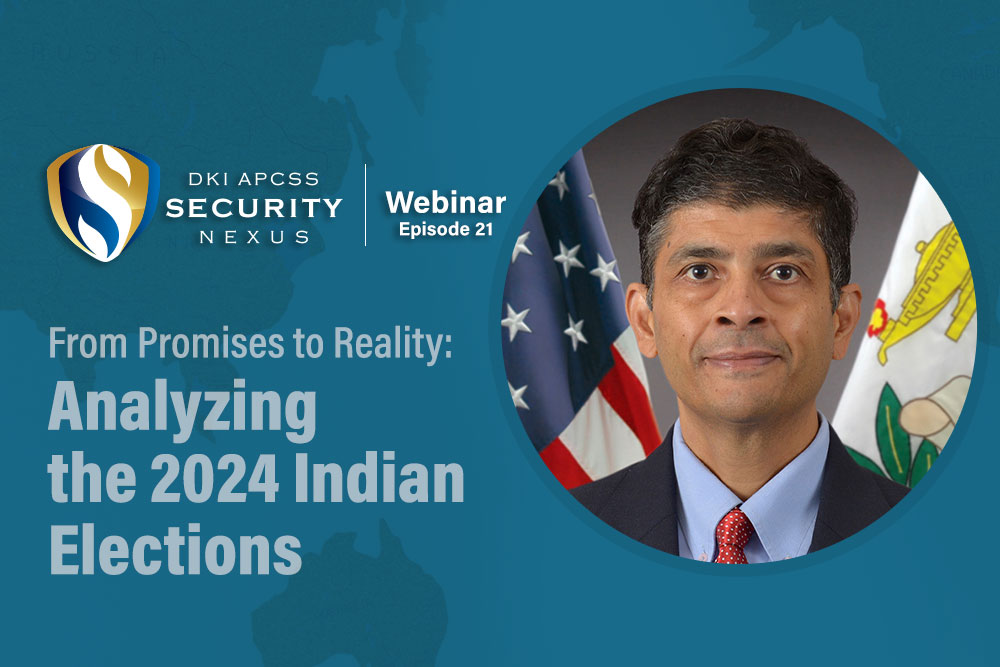
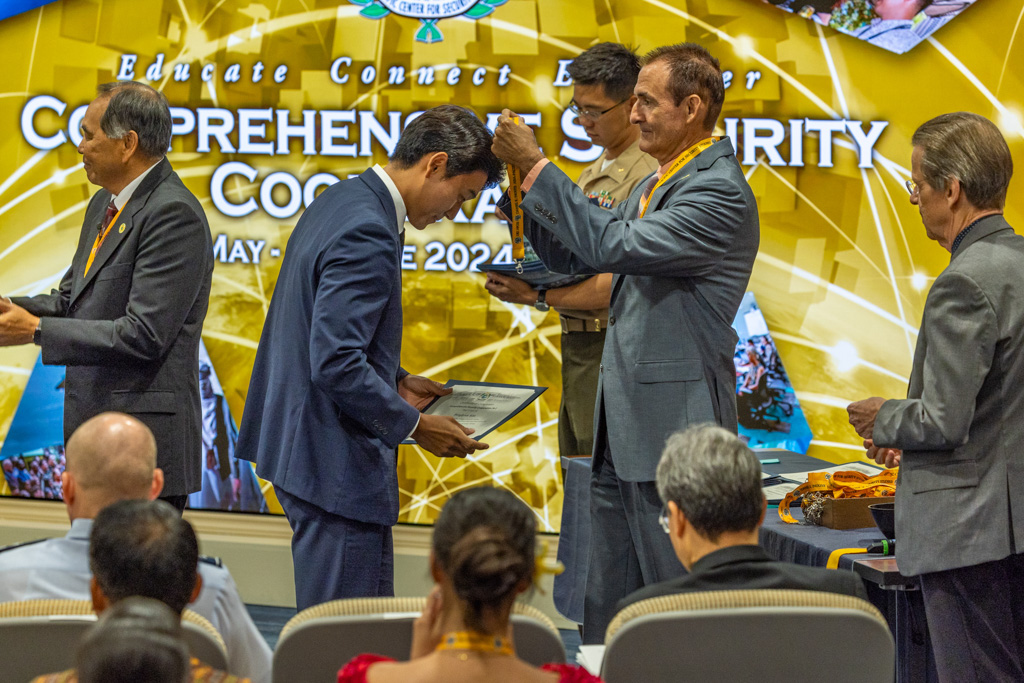




Leave A Comment